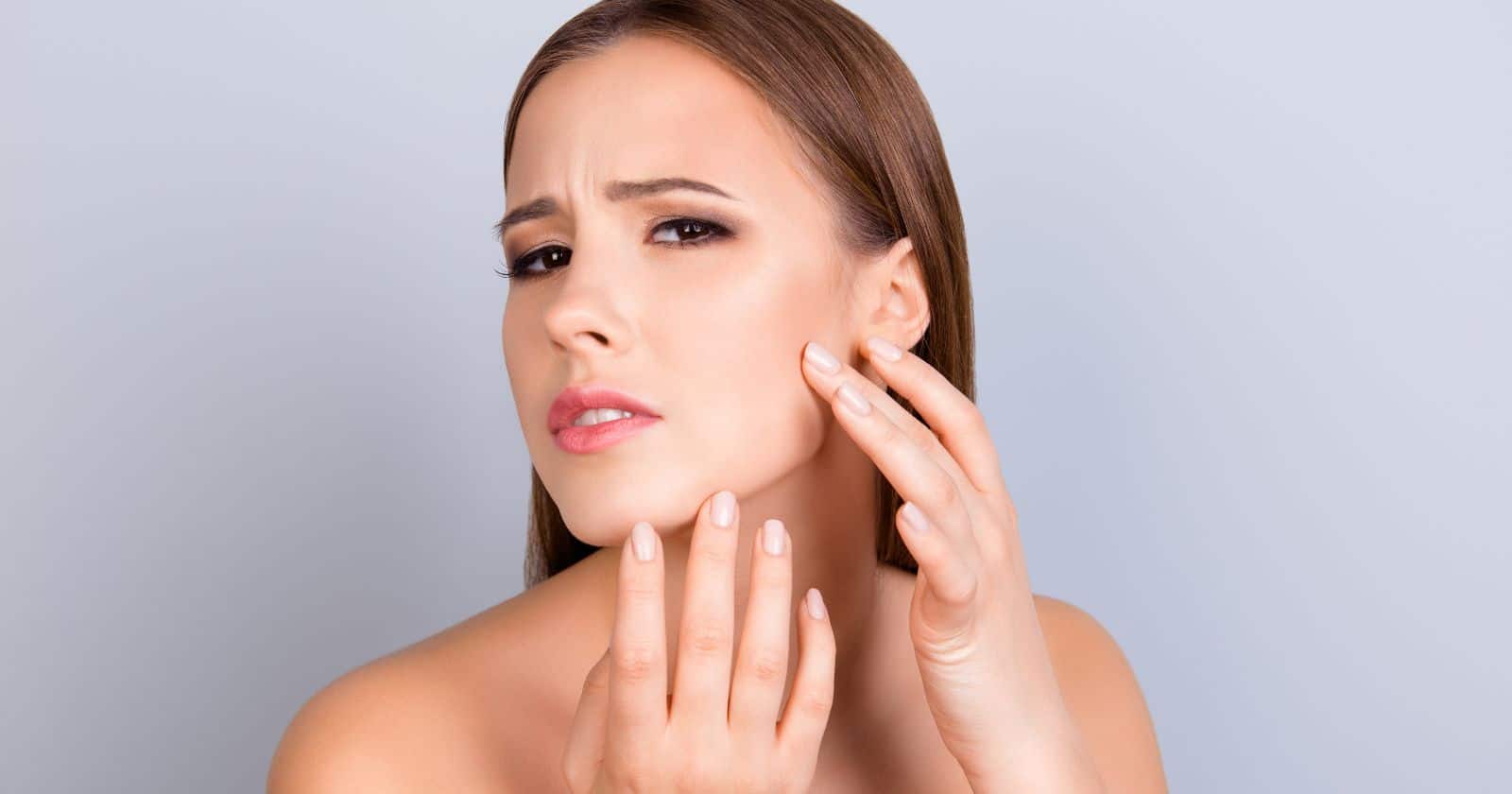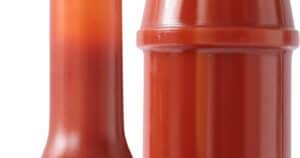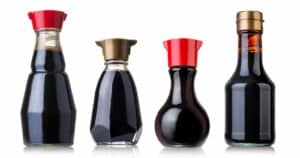Nothing ruins a night out like waking up the next morning to a face full of big, red pimples. If you’ve ever suspected your favorite spicy foods might be to blame for your acne woes, you’re not alone. Plenty of us love our buffalo wings, tacos, and hot sauce, but also want clear skin. So what’s the truth about hot sauce and acne? Can spicy foods really cause breakouts?
The short answer is yes, spicy foods like hot sauce can contribute to acne flares. But it’s a little more complicated than the
Additionally, compounds in spicy foods may irritate skin and throw off pH balance. However, evidence that spicy food directly causes acne is limited. Some people can handle hot sauce just fine and never break out.
So if you find buffalo wings make you break out, it’s smart to avoid them. But spicy food isn’t necessarily bad for everyone. Using the right skincare products can help control oil and acne, even if you eat hot foods. The key is paying attention to your own skin’s reactions.
Many of us
How Spicy Foods Can Promote Acne
Here are some ways spicy foods can lead to increased breakouts:
Sweating from Spice Causes Excess Oil
Eating spicy peppers causes most people to sweat more. This perspiration often drips down your face and neck. The moisture on your skin causes your pores to pump out extra sebum (oil). This leads to oily skin, which can clog pores and create pimples.
So it’s mainly the side effects of eating spicy food, not the food itself, that worsens acne.
Spicy Food Can Disrupt pH Balance
Some compounds found in hot peppers and hot sauce, like acidic lycopene, may irritate skin and disrupt pH balance. This can throw off your skin’s protective microbiome.
An imbalanced microbiome is linked to inflamed breakouts. So spicy food can indirectly impact acne by making skin a less healthy environment.
Other Factors – Diet, Hydration, and More
Consuming very spicy foods often goes hand-in-hand with other behaviors that exacerbate acne:
- Eating greasy, fried foods like buffalo wings and tacos
- Drinking alcohol like beer, which dehydrates skin
- Increased sweating can lead to not washing your face as often
- Skipping moisturizer because skin feels oily
So while spicy food is a piece of the puzzle, the overall dietary and lifestyle habits of
The Role Spicy Food Plays in Breakouts
However, it’s important to note evidence that spicy foods directly cause acne breakouts is quite limited. No large scale studies have conclusively linked hot sauce and similar spicy fare to acne.
Smaller studies have found conflicting evidence. For example:
- A 2018 Korean study of university students found no association between consuming spicy foods and acne severity.
- But a 2012 study of Italian teenagers did find that those with acne were more likely to consume hot tea, spicy foods, and alcohol.
So the role spicy ingredients play in breakouts is debatable. More research is needed to understand how big a factor it is for most people.
Individual Reactions Vary
It’s key to remember skin reactions are highly individualized. What triggers major breakouts in one person may not affect another.
For example, you may have no issue tolerating hot sauce or buffalo wings. But your roommate breaks out every time she eats anything spicy.
You likely have differences in:
- Oil production
- Skin thickness and sensitivity
- Microbiome balance
- Hydration levels
These factors determine how much spicy food impacts your acne.
Tips for Managing Acne If You Love Spicy Food
For those who break out when they eat fiery foods, all is not lost. You don’t necessarily have to say goodbye to your beloved hot sauce forever.
Here are some tips to enjoy spicy food while keeping acne at bay:
Watch for Patterns
Pay attention to any patterns between eating spicy foods and breakouts. If you consistently notice more pimples after spicy meals, avoid them before big events when you want clear skin.
Balance with Other Foods
To counter the acidic, oil-producing effects of
Stay Hydrated
Drink plenty of water before and after consuming spicy food to counter dehydration. Proper hydration keeps skin’s moisture barrier healthy.
Adjust Your Routine
Use oil-controlling toners and acne spot treatments to prevent excessive sebum after spicy meals. Wash your face after if you sweat heavily.
Consider Supplements
Some supplements like zinc and probiotics can improve skin’s microbiome balance. Talk to your dermatologist.
See a Dermatologist
If spicy food seems to be a major trigger, discuss it with your dermatologist. They can help you pinpoint the cause and find solutions.
The Bottom Line
For those prone to breakouts, avoiding hot and spicy food may help prevent acne flares. But skipping
With a proper skincare routine, healthy lifestyle habits, and moderating
Frequently Asked Questions
1. Are some types of hot sauce worse for acne than others?
It depends on the specific ingredients. Hot sauces with more acidic ingredients like tomatoes or vinegar may be more irritating than ones made with neutral oils. Avoid hot sauces with additional oils or sugars, which can clog pores.
2. Will eliminating spicy foods completely clear up my acne?
Not necessarily. Spicy food is just one potential acne trigger. To clear up breakouts for good, you need to identify and address all contributing lifestyle factors like diet, hygiene, and stress levels.
3. I love hot sauce – is there any way I can still enjoy it without getting pimples?
It may be possible. Try having it in moderation, drinking extra water to stay hydrated, washing your face after meals, and using acne-fighting skincare products. Pay attention to how your skin reacts.
4. Are some people just more prone to breaking out from spicy food?
Yes. People who naturally produce a lot of oil, sweat more, or have skin sensitivities tend to be most susceptible to acne from spicy cuisine. Genetics play a role.
5. If I stop eating spicy food, how long before my acne improves?
It varies, but you should notice a decrease in breakouts within 1-2 weeks of removing spicy foods. However, existing pimples from past spicy meals can still run their course and won’t instantly disappear. Be patient.





